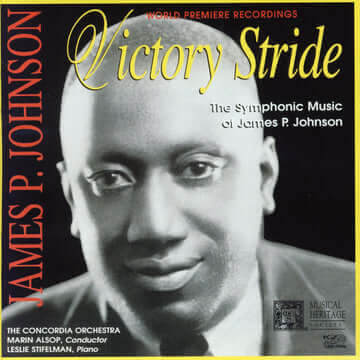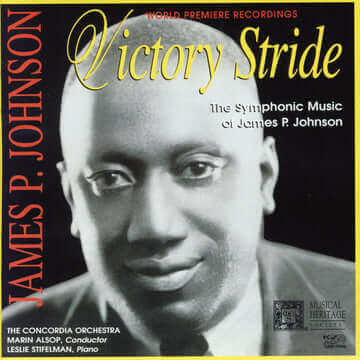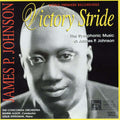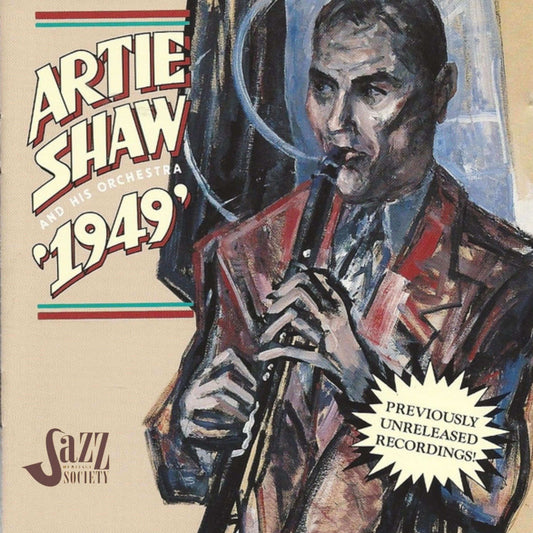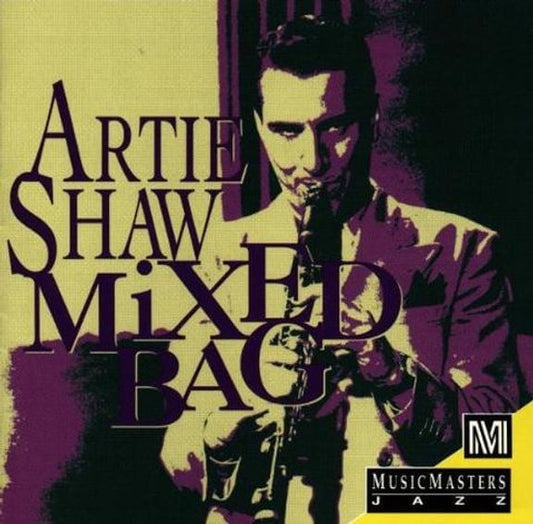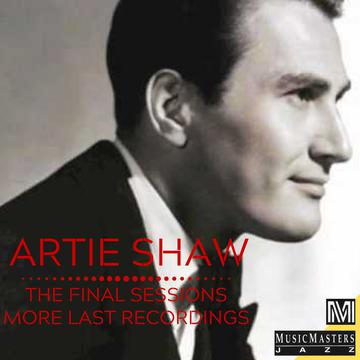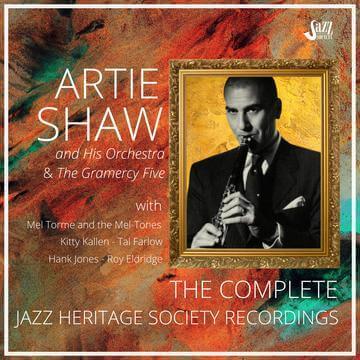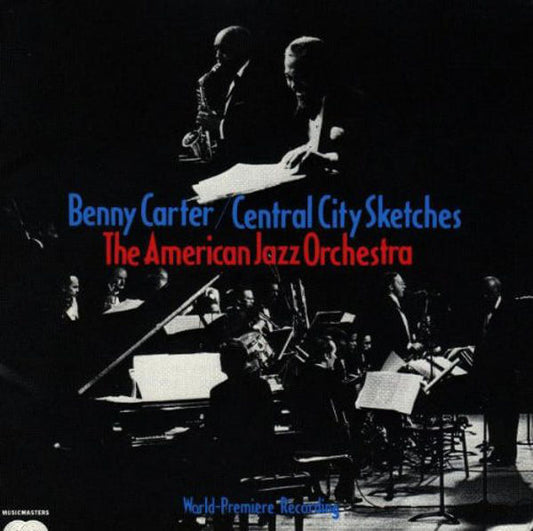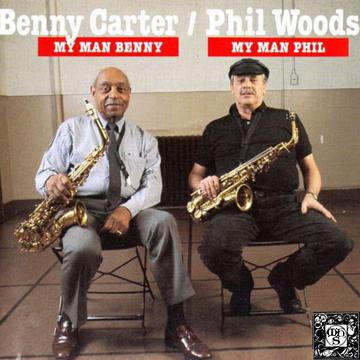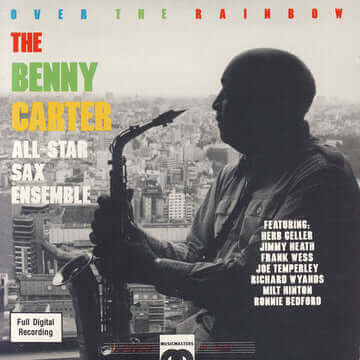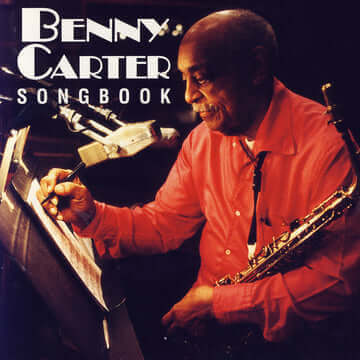Famous as the "Father of the Harlem Stride Piano," and the writer of 16 musical revues, James P. Johnson composed many symphonic works on the American experience. The Concordia Orchestra conducted by Marin Alsop, with pianist Leslie Stifelman, performs six of Johnson's main works with great vigor and feeling. The Victory Stride (1944) is a foot-tapping swing tune, featuring a minor key theme played by the saxes backed by a mellismatic string section; a terrific piano, clarinet, trombone and trumpet break takes us back to the '40s bands which were keeping up the national spirit during wartime. The four movement Harlem Symphony (1932) takes us on a Subway Journey through various ethnic neighborhoods, sweeps the listener away with a 1930s-style ballad, April in Harlem, orchestrated in lush tones, then provides some toe-tapping entertainment in the Night Club, and concludes with a syncopated spiritual in the Baptist Mission, set to a walking bass and often rocking backbeat. The two-movement Concerto Jazz A Mine (1934) is built on the significant styles of American piano -- boogie-woogie, ragtime, city blues, stride -- and peppered with concerto-isms, like octave and scale runs, and sequencing chromatic passages. The second movement is a wonderfully moody ballad that could easily become a "standard." Pianist Stifelman interprets the work with great feeling and a richly modulated tone. The American Suite (1934) greatly extends the dissonances and melodic possibilities of W.C. Handy's St. Louis Blues. Drums -- A Symphonic Poem (ca. 1942) opens with a terrific tympani solo as if designed for a swing drummer. Johnson's famous Charleston (1923) is presented here in an orchestration by David Rimelis, based on a 1947 New Orleans band broadcast with Johnson at the piano, plus tap dancer(!).

